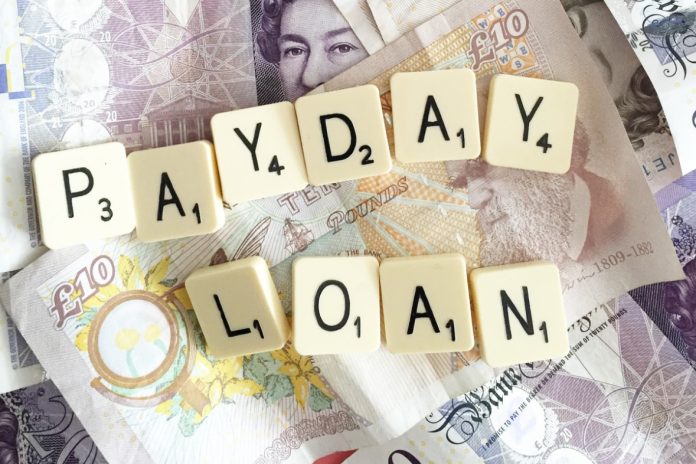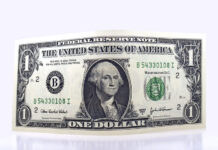When you need immediate financial relief, but don’t have the greatest credit history, where can you turn? For some people, it will be one of two options: either a payday loan or a pawn shop loan. Both types of loans are hassle-free and can offer immediate cash payout. Let’s dive deeper into how a payday loan is a short-term, small dollar online loan and pawn shop loans work and the pros and cons of each to help you determine which type of loan is right for you.
How does a payday loan work?
A payday loan is a short-term, small dollar online loan that can give you extra funds before your next payday. After a brief application, the lender will either ask for a post-dated check or require you to authorize them to make a debit from their bank account around the date you’re expected to be paid by your employer. Once these provisions are in place, the lender may give you the money in the form of a check or cash.
From there, you’ll have between two to four weeks to repay the loan balance, plus any fees, before the due date. If you don’t, the payday lender will either cash the check that was provided or debit your bank account to recoup what they’re owed.
How does a pawn shop loan work?
A pawn shop loan is another type of short-term loan where someone brings an item of value into the pawn shop, such as jewelry or a TV, and asks to borrow money. The pawn shop dealer will assess the resale value of this item and may give the borrower a percentage of this amount in cash.
The pawn shop will write up a ticket for the item that states the borrower has approximately 30 days to repay this loan (plus any applicable fees). If they don’t, then the pawn shop becomes the legal owner of the collateral, and they will typically resell it in their store for a profit.
Pros and cons of payday loans and pawn shop loans
There are certainly many pros and cons to using payday loans versus pawn shop loans, including:
- Payday loans don’t require the use of any collateral. This means borrowers don’t have to risk any of their valuable possessions to secure the loan.
- Pawn shop loans don’t require credit checks. Although there are some legal regulations regarding pawn shop operations, they are not held to the same standards as payday lenders. The financial arrangement between a pawn shop dealer and a borrower is generally nothing more than a negotiation, so nearly anyone can get one.
- Payday loans often come with higher fees than pawn shop loans.
- Pawn shop loans do not necessarily have to be paid back. Since these types of loans are not reported to the credit bureaus, there will be no consequence to your credit score if you don’t repay it. However, you will ultimately lose ownership of the item that you posted as collateral.
The bottom line
While both payday loans and pawn shop loans can provide immediate financing, they do come with their own potential pros and cons. Payday loans don’t ask you to risk losing your possessions, but they can be more expensive. Pawn shop loans don’t check for credit but offer low payouts and may keep your item if you don’t pay them back in time. Those in need of fast money need to carefully consider the true cost of each option and then select the loan that works for their needs.
Disclaimer: This article contains sponsored marketing content. It is intended for promotional purposes and should not be considered as an endorsement or recommendation by our website. Readers are encouraged to conduct their own research and exercise their own judgment before making any decisions based on the information provided in this article.




































































